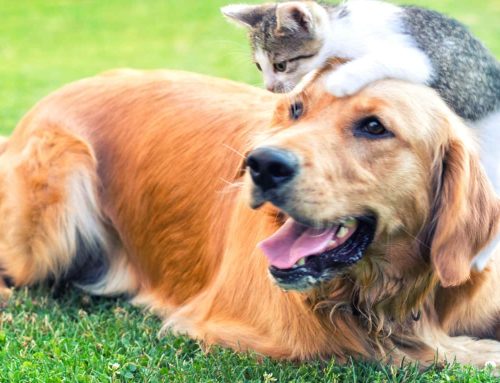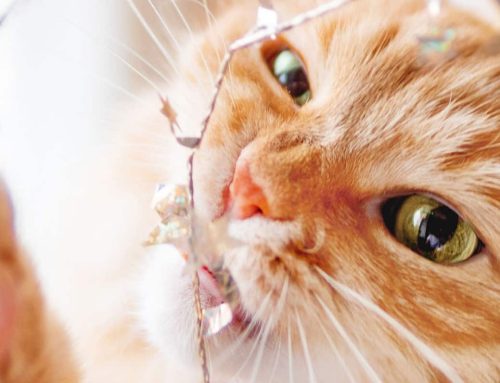Spring is not usually associated with pet safety issues, but there are many dangers lurking in your garden and in your home that you should be aware of. The warmer weather are ideal for fur babies to start exploring the outdoors again. When they’re out there, they are naturally curious which can lead to trouble.
Here are some possible spring time hazards that you need to watch out for:
- Fertilisers – Your beautiful garden is starting to blossom again. Keeping the plants healthy may require the use of fertilisers. Some of them may contain toxins so keep open packs away from places where pets may reach them. If you’re spraying fertilisers, keep pets indoors.
- Harmful plants – Daffodils add a touch of colour to your flower beds but did you know that these are poisonous to both cats and dogs? Other plants that are toxic to pets include tomato plants and aloe vera, azaleas, lilies, and tulips.
- Ticks and tick-borne disease – The warmer weather means ticks and fleas become active again. Preventive treatment should be applied year-round to make sure your pets are tick-free. Spring is also the perfect time to give their beddings a wash to get rid of flea eggs and other parasites.
- Snail and slug bait – These may contain poisonous substances such as metaldehyde. If you have snail and slug bait in your garden, make sure that your pets do not get at it.
- Bee or wasp stings – Chasing wasps and bees can lead to an insect sting. Some pets may be allergic to bee stings and will require immediate medical attention. Signs of an allergic reaction include swelling, distress and difficulty in breathing.
- Dust, mould and pollen – These may trigger seasonal allergies in pets. Symptoms include sneezing, coughing, licking and excessive scratching. There are topical creams and medicated shampoos that can help alleviate allergy symptoms. It is best to take your pet to the vet at the first sign of allergies.
- Cleaning chemicals – If you plan on doing some spring cleaning, make sure you keep harmful chemicals such as bleach, ammonia and chlorine out of reach of pets. Make sure they stay out of rooms that have just been cleaned where chemical cleaners were used and have not yet completely dried. They may try to lick surfaces that have been sprayed with said cleaning agents.
For any immediate concerns – such as allergic reactions or poisoning, it is always important to bring your pets to a veterinarian right away.



